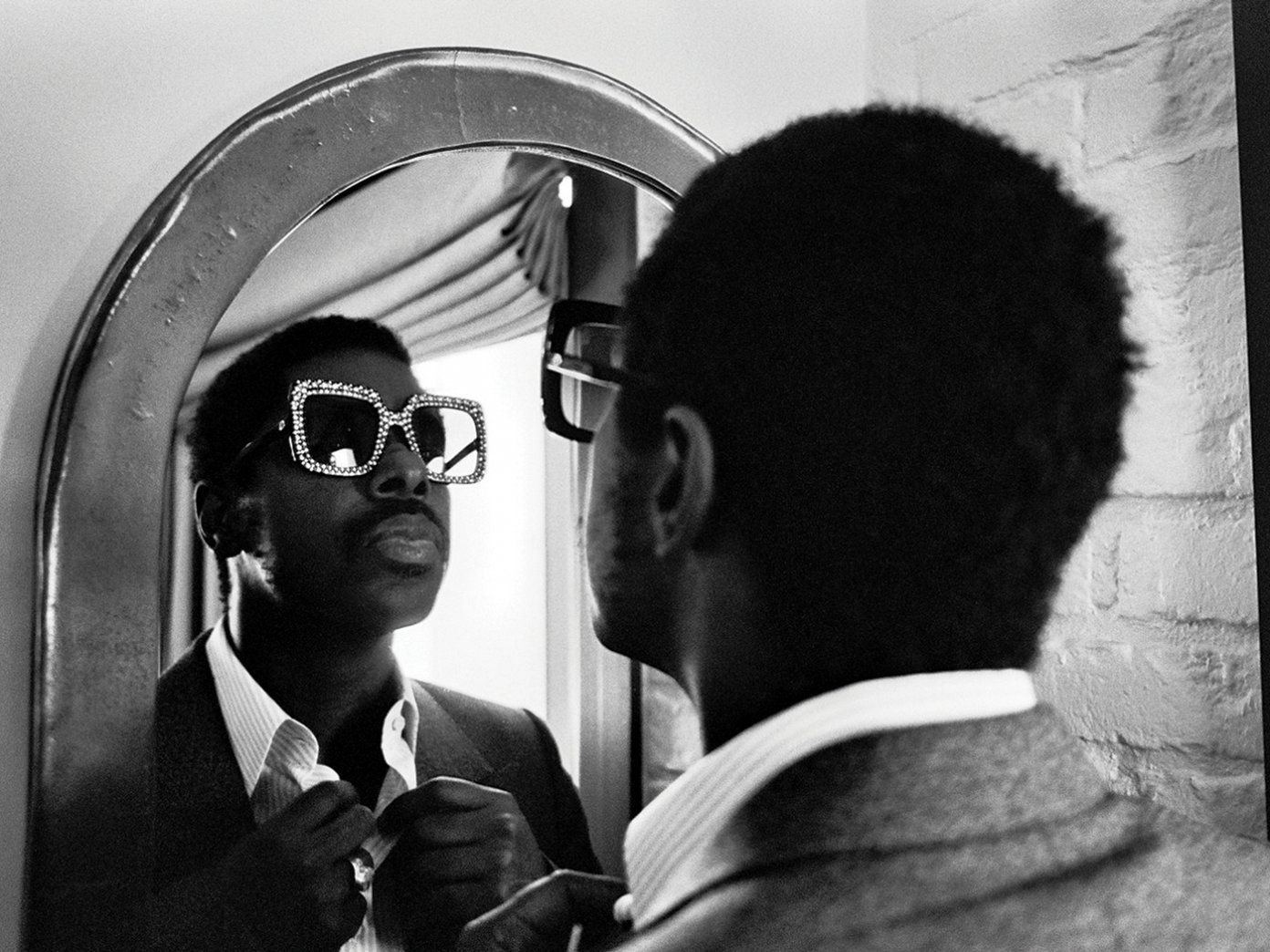Curtis Harding’s latest release is beautifully executed, but plays it safe

Curtis Harding
If Words Were Flowers
Anti · November 5, 2021
Curtis Harding’s new release, If Words Were Flowers, gestures as an extension of a hug to the general public, filled with hope and comfort in the midst of a painful pandemic. Acting as an ode to retro blues, gospel music, R&B, rock, and psychedelic music, the album contains beautiful imagery and powerful verses. Its shortcoming, however, lies in its lack of songs that especially stick out or capture a listener’s attention. One exception is the song “Hopeful,” which exemplifies Harding’s passion for poetry and hip-hop. Harding’s use of gospel choirs in songs like “Hopeful” and “The One” can be traced to his childhood attending religious services with his mother in Atlanta. The album, however, does not appear to follow a specific storyline around a single relationship to God or a partner as one would expect. Instead, it is a bouquet of songs filled with feelings of excitement, perseverance, and loneliness collected in the two years that it took to produce the album.
The carefully crafted soundscape is what first comes to the listener’s attention when they experience If Words Were Flowers. Harding incorporates live instruments like trumpets, percussion, bass, and electric guitar into almost every song produced on the album. Like with a jazz ensemble, he takes the time to break for guitar, trumpet, and drum solos in “If Words Were Flowers,” “Can’t Hide It,” “Where’s the Love,” and “Forever More.” The careful composition of each song makes the entire album accessible to a wide variety of audiences. Similar to artists like Durand/Sharon Jones and the Dap Kings, St. Paul and the Broken Bones, and Leon Bridges, Harding presents his listener with ‘60s/’70s-style music produced in the 21st century. Almost any generation of listener could listen and relate to the content of Harding’s songs.
Harding could push his career in music even further by breaking more boundaries in music rather than collecting styles from different musical influences and creating beautiful sounds and poetry with it. Harding has the potential to challenge the sound of old-school soul and contemporary R&B by breaking the expectation for the way that they should sound. He attempts to do this in “So Low,” where he utilizes a voice modulator, galactic soundbites, and an airy flute to form the song’s composition, but he could go even further by incorporating new sounds into more of his music. Overall, while his use of poetic imagery and repetition in If Words Were Flowers is beautifully executed, Harding needs to surprise listeners with his music if he wants to attract a larger audience.